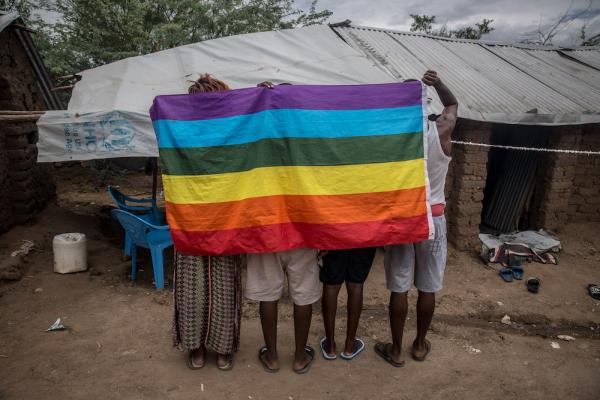Jun 22, 2021
The persecution of people because of their gender or sexual identity is not new; what is new is the growing number of asylum claims filed by LGBTQ people who have fled to the United States because they fear persecution due to their sexual orientation or gender identity.
Read the Full Article

Already a subscriber? Login
